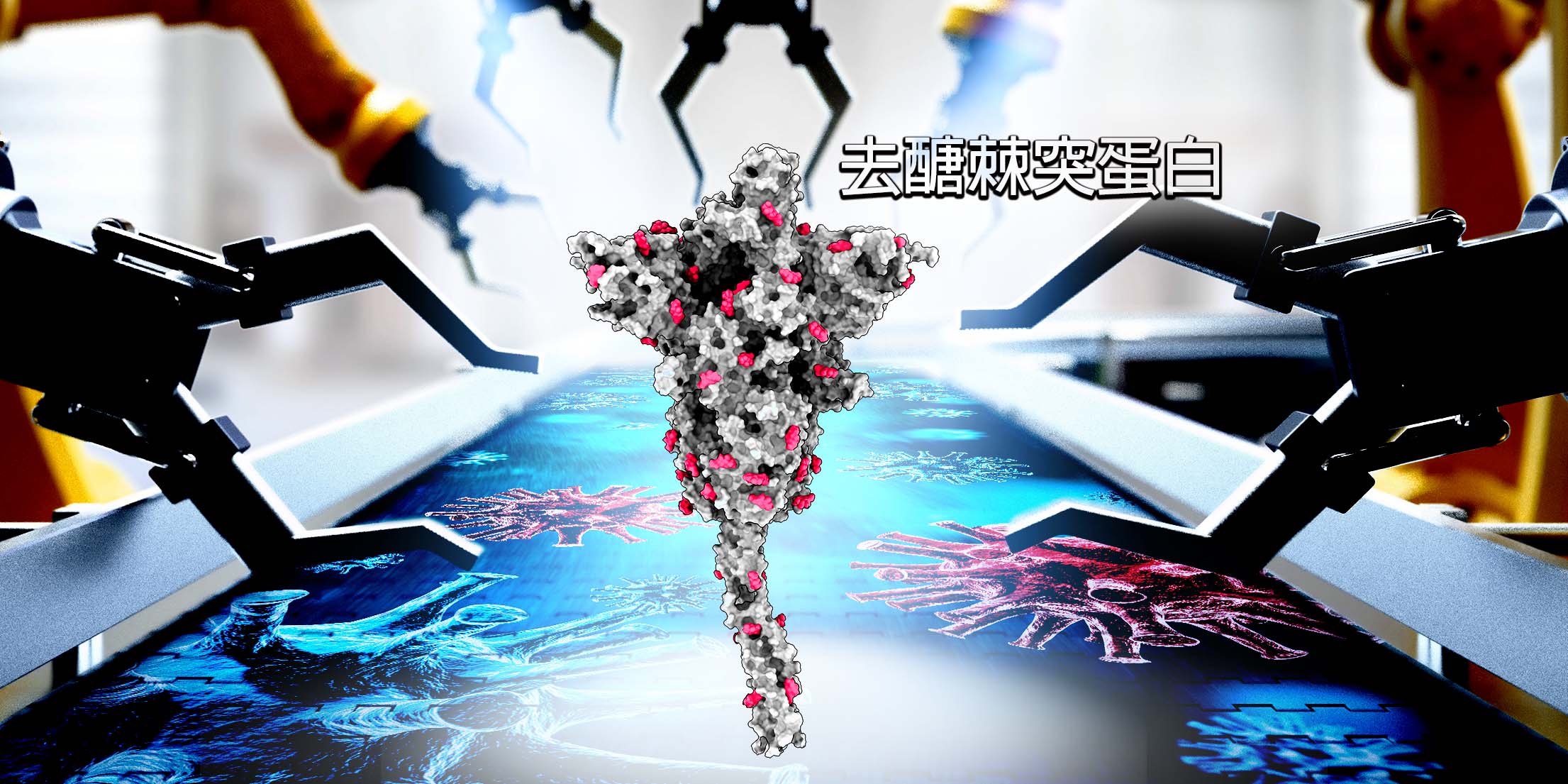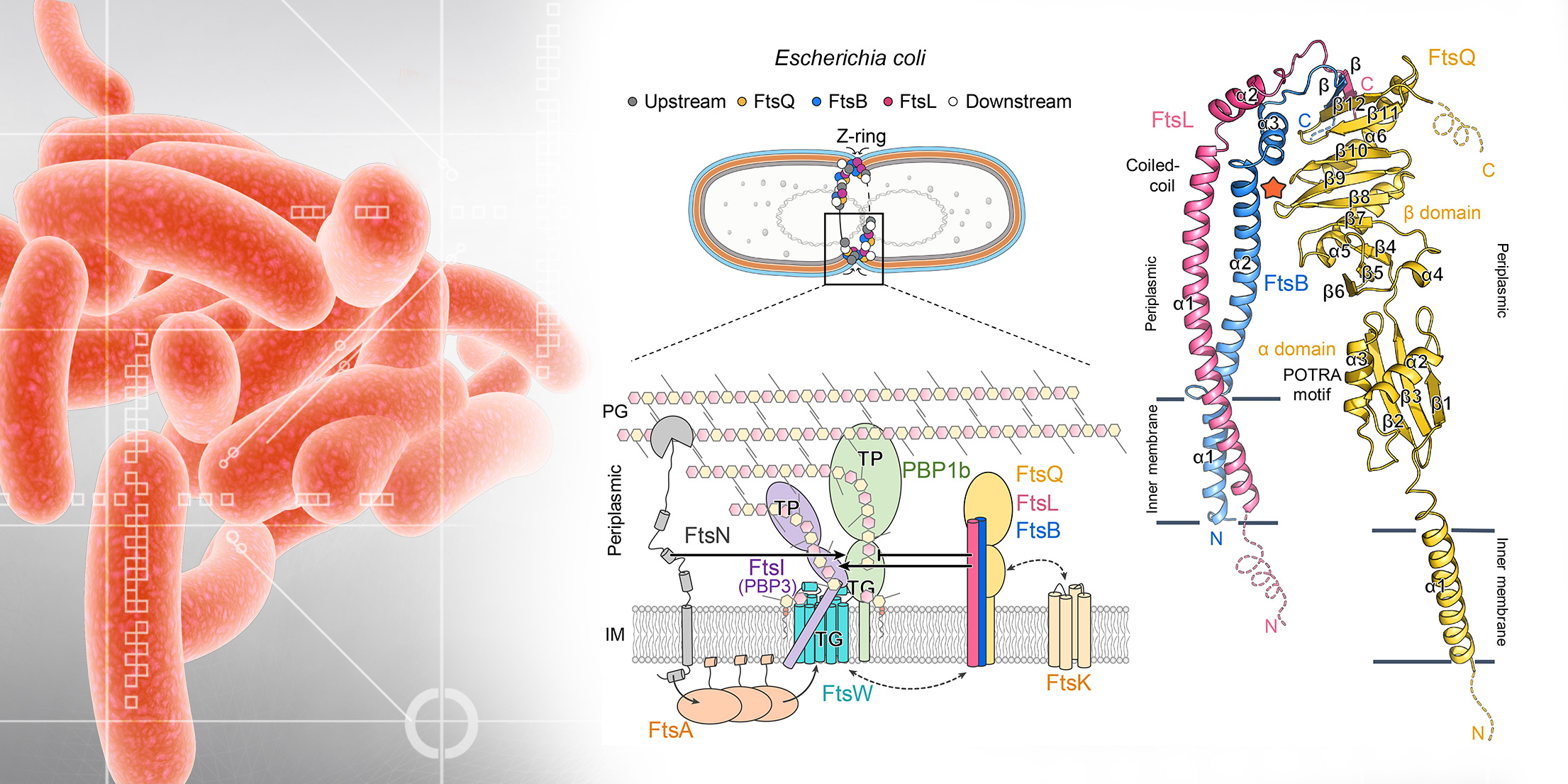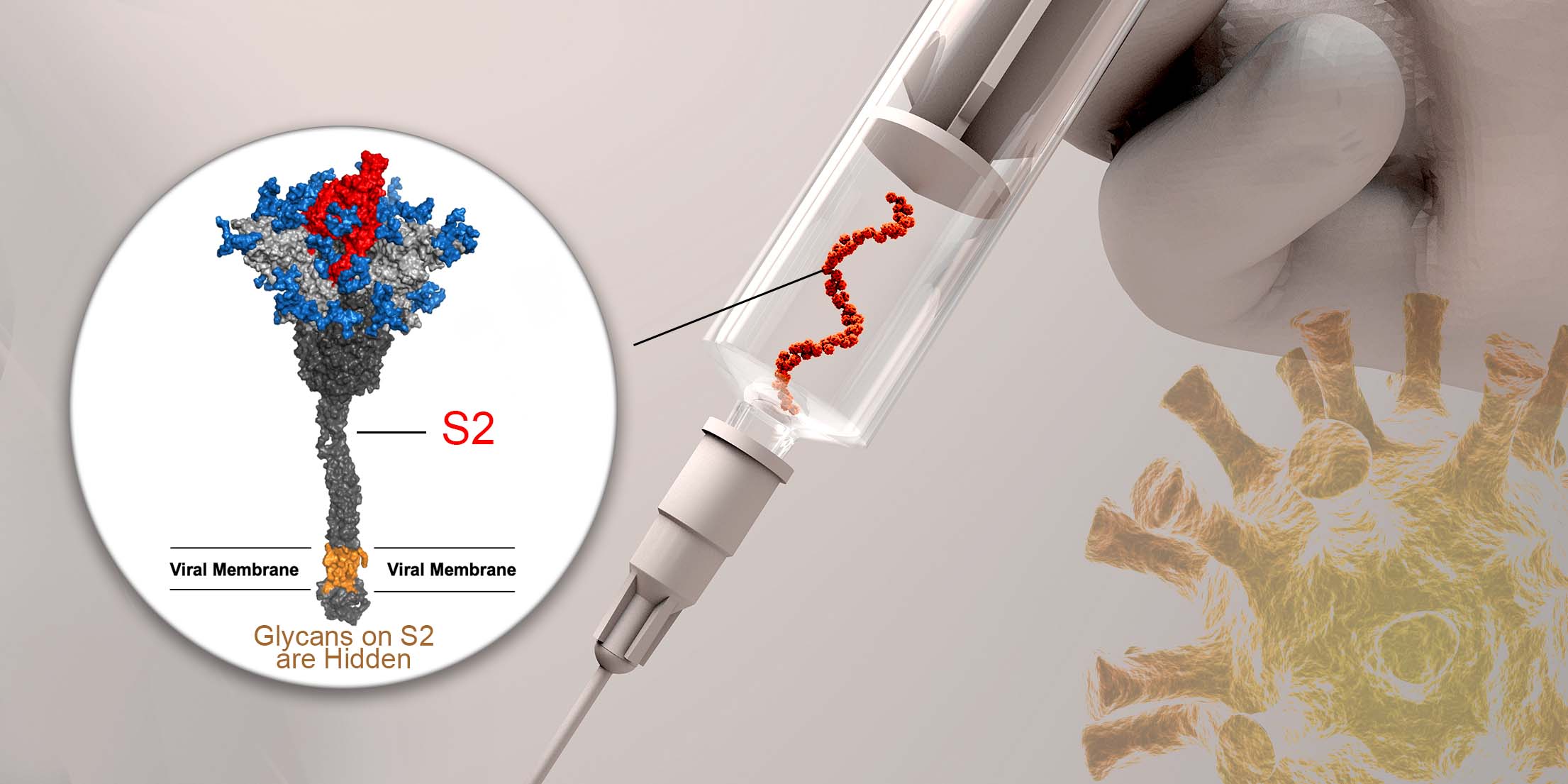A new immunotherapy treatment pioneered by Dr. Alice Yu has resulted in an average 20% improvement in the rates of cure for children with neuroblastoma. This is the first effective immunotherapy reported for the disease and the first improvement on any neuroblastoma therapy cure-rates for 10 years. The results of the Phase III clinical trials of the treatment was announced through a Webcast on May 14th and will be presented at the Annual Meeting of the American Society of Clinical Oncology (ASCO) between May 29 and June 2.
Neuroblastoma is a malignant cancer of early childhood in which the cancer cells arise from the nerve cells in the neck, chest or abdomen. It is the most common cancer diagnosed in the first year of life and is responsible for 15% of cancer-related deaths in children. The new antibody-based immunotherapy (chimeric anti-GD2 antibody ch14.18) extended event-free survival by 43% and overall survival by 15% among patients with high-risk neuroblastoma.
The immunotherapy evaluated in this study targets specific glycan molecules on neuroblastoma cells called GD2, which inhibit the immune system from protection against cancer cells. The antibody called ch14.18, binds to GD2 and provokes the killer cells from immune system to destroy the cancer. Furthermore, a complement in the blood will be seeking cancer cells coated by GD2 and eliminate the cancer cells.
What’s more encouraging is, GD2 is a substance that exists on several other types of cancer cells, like Melanoma, Small Cell Lung Cancer, and Osteosarcoma. Therefore, the strategy has presented a potential solution to these other cancer treatments. Above all, the success of this strategy has paved a way for developing new drugs targeting glycans. Since 80 percent of cell surface molecules contain glycans, it certainly brings the hope to a much higher level. Researchers in Genomics Research Center are working toward that direction with high enthusiasms.
Listen to ASCO PresscastSee report of this news in USA Today
See report from CBS News





